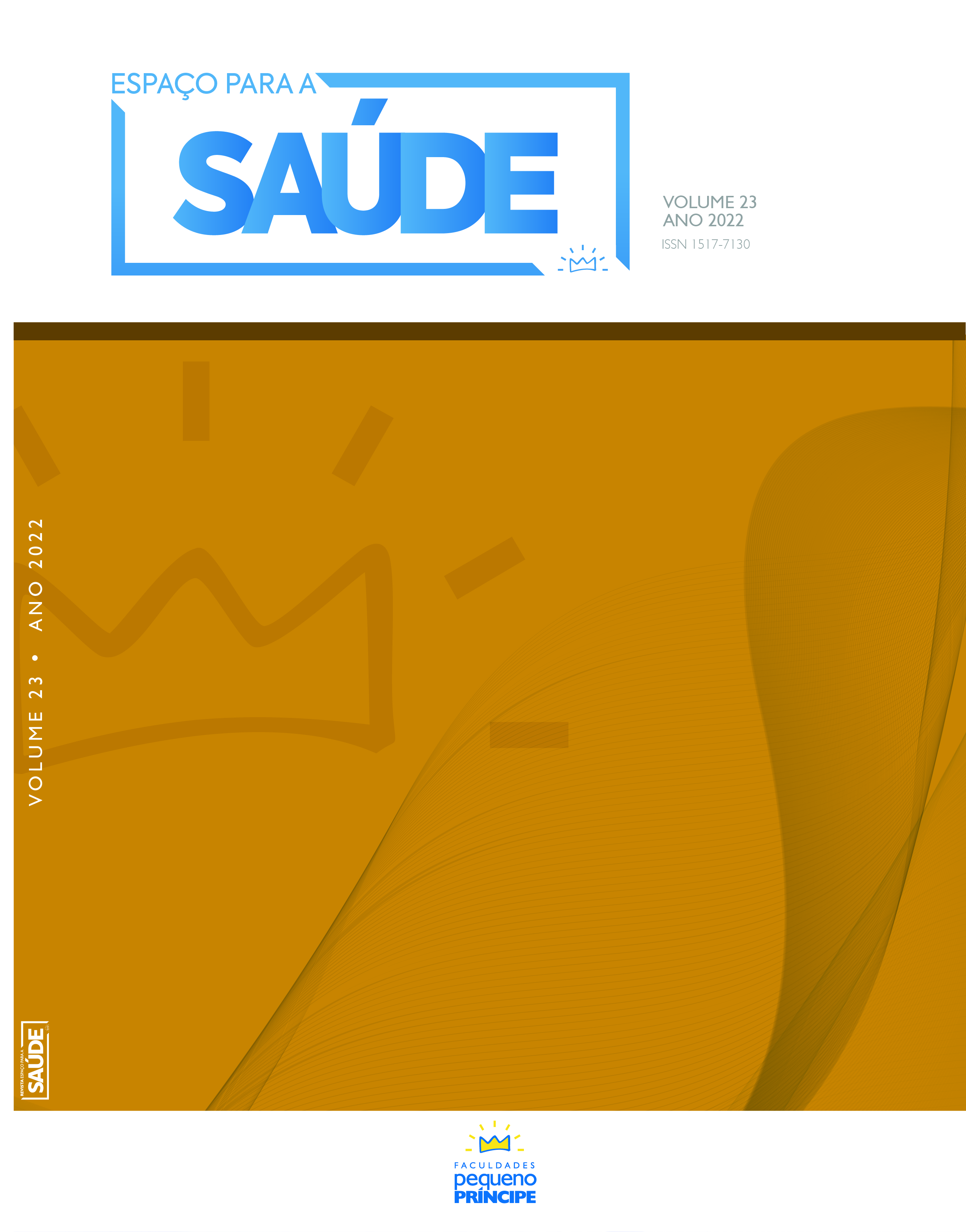Construction and validation of the OSCE station to evaluate the technical skill for needle cricothyroidotomy
DOI:
https://doi.org/10.22421/1517-7130/es.2022v23.e803Keywords:
Validation Study, Simulation Technique, Educational MeasurementAbstract
Covid-19 pandemic reinforced the intrinsic need for training and evaluation of technical skills involving airway manipulation to stabilize the victim according to their needs. Puncture cricothyroidotomy is a rare procedure in the emergency department, although being a required
skill when other alternatives fail. In this regard, this study’s objective was to build and validate a simulated setting in the Objective Structured Clinical Examination modality to evaluate the
technical skill to perform puncture cricothyroidotomy. This is a methodological study, respecting
the stages of translation, construction and validation inherent to the method. The research originated a script for the Objective Structured Clinical Examination station for teaching the puncture cricothyroidotomy skills. It was concluded that the evaluation of technical skills can be done with efficacy and reliability in an Objective Structured Clinical Examination setting, using validated instruments that provide a standardized and replicable evaluation in several
places.
References
American College of Surgeons. Advanced Trauma Life Suport. 10. ed. Chicago: Copyright; 2018.
Conselho Federal de Enfermagem (BR). Resolução n° 641/2020, dispõe sobre a utilização de Dispositivos Extraglóticos (DEG) e outros procedimentos para acesso à via aérea, por Enfermeiros, nas situações de urgência e emergência, nos ambientes intra e pré-hospitalar [Internet].Brasília; 2020. [cited 2021 Jun 2].Available from: http://www.cofen.gov.br/resolucao-cofen-no-641-2020_80392.html
Duarte AS, Silva AP, Soares AS, Roque ABB, Jesus Neto JF, Sefer CCI. Avaliação do desempenho de estudantes de medicina no OSCE: o papel do estudo prévio. Acervo Saúde12(10):e4506.
Galato D, Alano GM, França TF, Vieira AC. Exame clínico objetivo estruturado (ECOE): uma experiência de ensino por meio de simulação do atendimento farmacêutico. Interface - Comunicação, Saúde, Educação;15(36):309-20.
Harden RM, Stevenson M, Downie WW, Wilson GM. Assessment of clinical competence using objective structured examination. Br Med J, 1975, 1(5955), 447-451.
Jeffries PR. A framework for designing, implementing, and evaluating: Simulations used as teaching strategies in nursing. Nursing education perspectives. 2005,26(2), 96-103.
Miller, J. et al. Strategies Associated With OSCE Simulation, Anxiety, and Clinical Competency in a Family Nurse Practitioner Program. Nursing Education Research Conference. Washington, 2018.
Neves FF, Pazin Filho A. Construindo cenários de simulação: pérolas e armadilhas. Sci Med. 2018;28(1):ID28579.
Neves RS, Barros AF, Esper MM de A, Bezerra TJN. Avaliação do exame clínico objetivo estruturado (OSCE) por estudantes e docentes de graduação em enfermagem. Com. Ciências Saúde 27(04):309-16.
Nimbalkar A, Patel D, Kungwani A, Phatak A, Vasa R, Nimbalkar S. Randomized control Trial of high fidelity VS low fidelity simulation for training undergraduate students in neonatal resuscitation. BMC Res Notes. dezembro de 2015;8(1):636.
Rosso LH. Elementos estruturais do Exame Clínico Objetivo Estruturado (OSCE) no ensino em enfermagem para sua operacionalização: revisão sistemática. [dissertação de mestrado]. Porto Alegre: Universidade Federal do Rio Grande do Sul; 2018.
Downloads
Published
How to Cite
Issue
Section
License
Copyright (c) 2022 Espaço para a Saúde

This work is licensed under a Creative Commons Attribution 4.0 International License.
Authors who publish in this journal agree to the following terms:
- Authors grant the journal the copyright, with the work simultaneously licensed with Creative Commons CC BY, which allows the sharing of work with recognition of authorship and initial publication in this journal.
- Authors are authorized to assume additional contracts separately, for non-exclusive distribution of the version of the work published in this journal (e.g., to publish in an institutional repository or as a book chapter), with authorship recognition and initial publication in this journal.
- Authors are permitted and encouraged to publish and distribute their work online (e.g., in institutional repositories or on their personal page) at any point before or during the editorial process, as this can generate productive changes, as well as increase the impact and the citation of the published work (See The Effect of Free Access).






